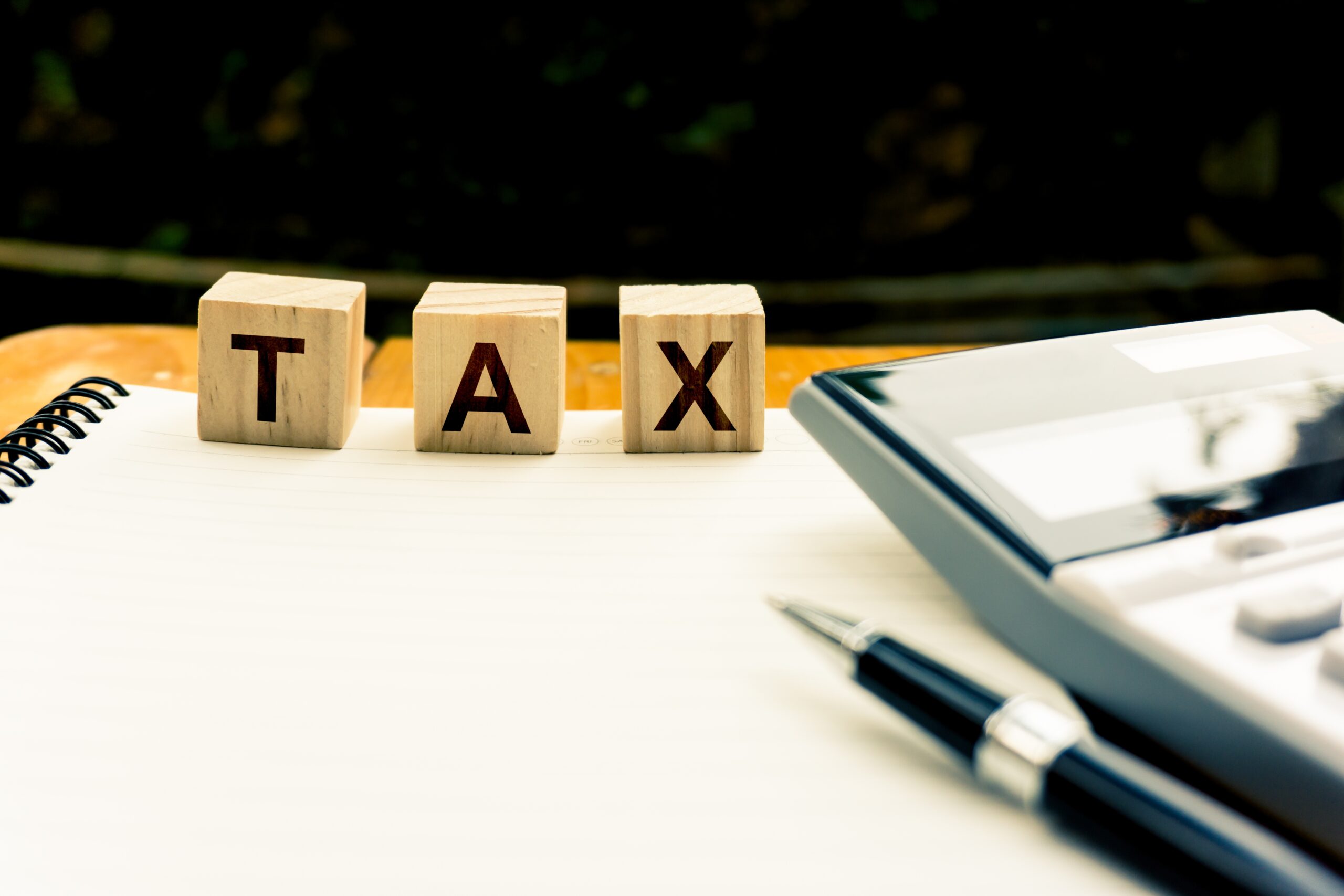
24th October 2022
Navigating The Higher Rate Tax Freeze
INTRODUCTION
This week’s blog will be looking at how you can minimise the impact on your personal finances of the higher rate tax freeze.
The freeze on the income tax threshold will have resulted in an increase in your tax obligation if you are a higher rate taxpayer. The Chancellor’s decision in April 2021 to freeze the higher rate tax threshold rather than raise it in accordance with inflation is what led to the hike.
Pay rises will result in more people being pushed into the higher rate tax bracket because inflation is at a 40-year high. The percentage of your income between £50,271 and £150,000 (or between £43,663 and £150,000 in Scotland) is subject to higher rate tax. In Scotland, the higher rate tax is charged at 41% instead of 40% in the rest of the UK.
Tomorrow we will look at whether there is anything you can do about this and give some guidance on sensible things to consider. Please contact us for more information on how we can help protect your future financial well-being and the options available to you.
A pension is a long-term investment not normally accessible until age 55 (57 from april 2028 unless plan has a protected pension age). The value of your investments (and any income from them) can go down as well as up which would have an impact on the level of pension benefits available. Your pension income could also be affected by the interest rates at the time you take your benefits. Tax planning is not regulated by the Financial Conduct Authority. Tax treatment varies according to individual circumstances and is subject to change.
